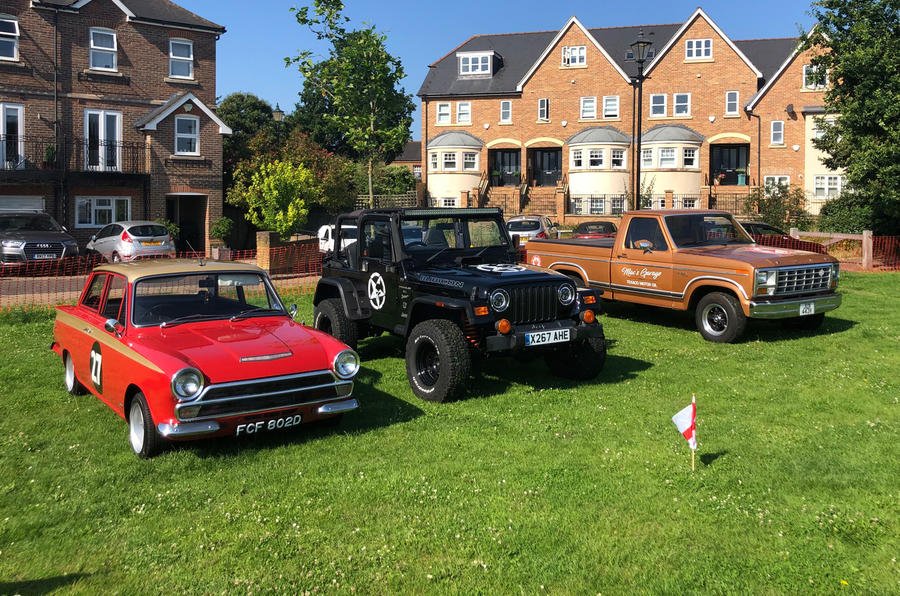Are classic car shows becoming an endangered species?

’Tis the season for the classic car show, a term that covers everything from a mix-and-match 20-car gathering on a village green through to a mega-meet at venues such as Goodwood.
Inevitably, events face severe difficulties this year, leading to everything from cancellations to mind-boggling amounts of red tape. The 80-car event on my doorstep had to pay £4000 for legal assistance to pass muster, for instance. Big or small, anyone putting on a show is jumping through more hoops than many of us would contemplate.
All that hard work is going on against a backdrop of longer-term uncertainty, too. After all, what relevance will they have when new combustion-engined car sales are less than a decade away from being banned? Even if there is misty-eyed interest, how long will it last as generations brought up on the smell of partially burnt hydrocarbons pass?
What if petrol or diesel became so hard to come by, or so expensive, that today’s cars just can’t be fuelled any more? Or if the climate crisis becomes so pronounced that combustion-engined vehicles are – to use a modern phrase – cancelled, their role in powering a century of economic and social mobility viewed through a lens of having damaged, potentially irreparably, the planet itself? Smoking cigarettes was once applauded: maybe one day combustion- engined cars will carry health warnings, too, enthusiasts pushed together ever more surreptitiously by a disapproving society.
Would that be fair? There’s plenty of evidence to suggest not. The Centre for Economics and Business Research this year valued the classic and historic sector’s turnover at £18.3 billion a year – double that of the Scotch whisky industry and on a par with the entire arts industry. Enthusiast clubs, the engine rooms behind every car show, alone are said to contribute £500 million to the UK economy. Meanwhile, the Historic Endurance Rally Organisation estimates the average classic drives 1200 miles a year, producing less than 600kg of CO2 – around half the emissions of powering your mobile phone over the same period.
Context is key and suggests car shows and the industry that supports them deserve to thrive: the contribution to global pollution minuscule, the measurable benefits enormous, and the immeasurable ones bigger still.
Equestrianism has thrived long after horses were superseded as a means of transport. Let’s hope the rule makers have the foresight to protect and celebrate classic cars, rather than seek an easy win.
